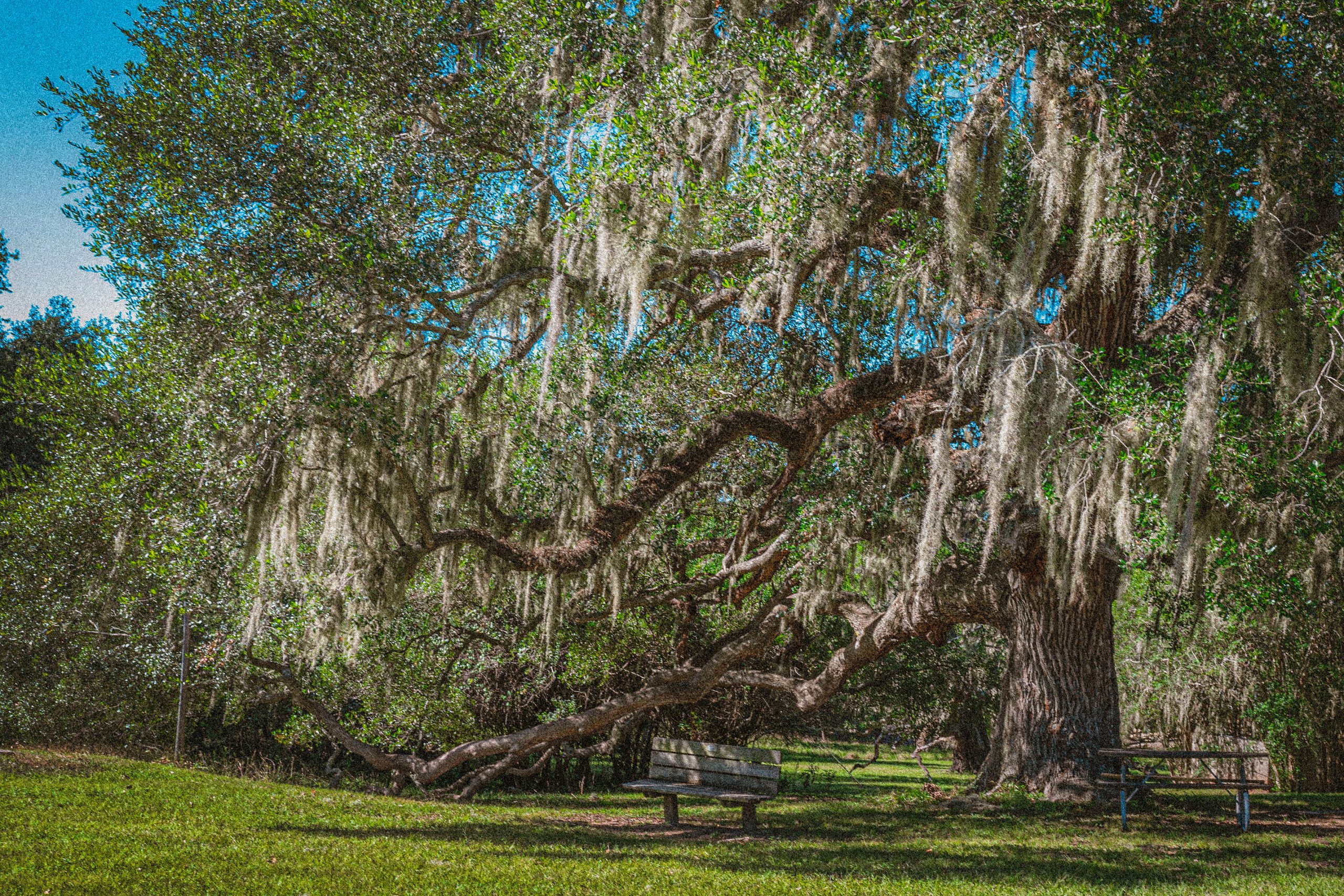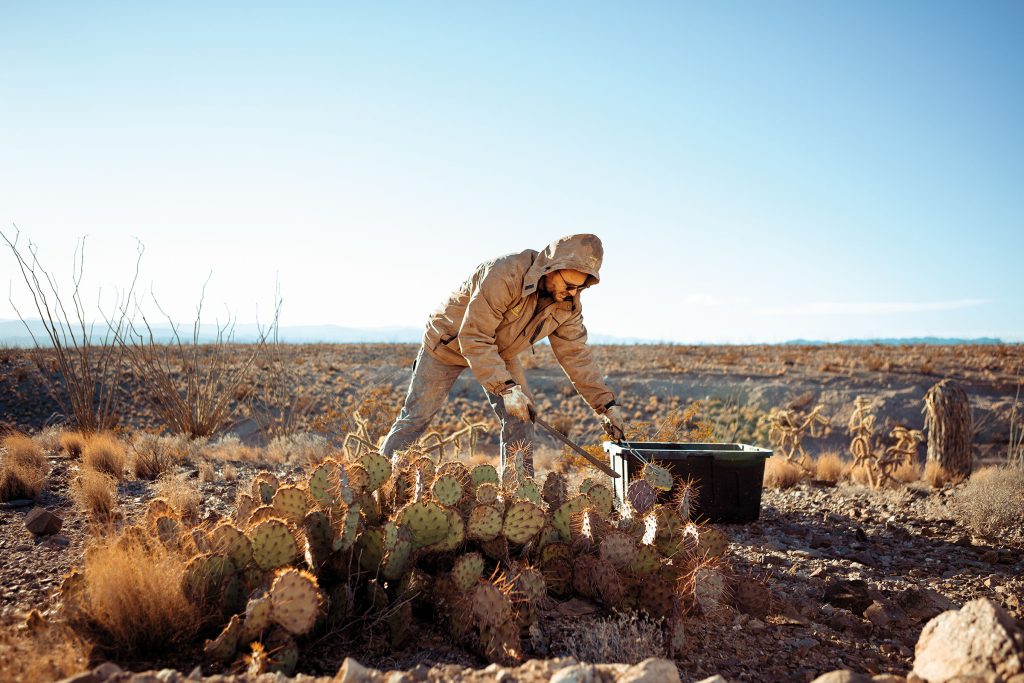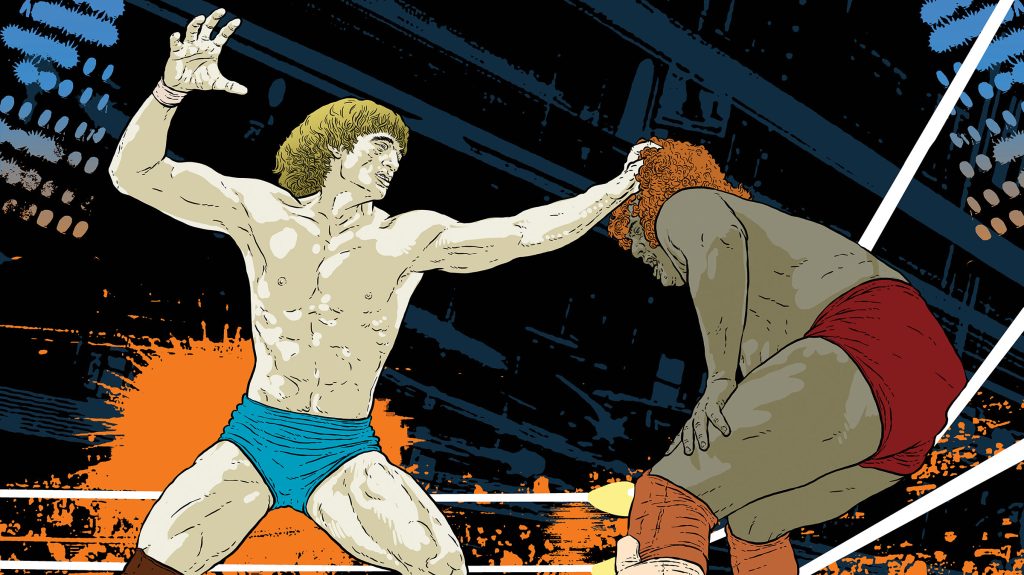
Brazos Bend State Park sits along the Brazos River. Photo by Michael Amador
Wild Child
After an illness leaves a writer with memory loss, she returns to Brazos Bend State Park to remember where she came from
by Meghan Beaudry
When I was 11 years old, my parents put our family home in the suburbs of Houston on the market. They received an offer quicker than expected for above asking price. But there was a catch: Our family of six had to move out within the month. Our future home was nothing more than a handshake and blueprints at the time. So, my older brother, Mike, 13, and my two younger brothers, Matt, 10, and Eddie, 8, helped our parents load our furniture and boxes of our clothes, books, and toys into a storage unit. Then we went camping for the next six months.
We were no strangers to the outdoors. Our first camping trip many years prior, when I was 6 years old, had been to Brazos Bend State Park, along the Brazos River south of Houston. I remember staring out the window of our truck at the Spanish moss trailing from lichen-covered oak trees. My father maneuvered our newly purchased Prowler travel trailer, with its tiny kitchen and dining table that folded into a bed, to a spot near the campsite. The outside of the trailer was stark white, devoid of the bumper stickers my father would later use to cover up minor scratches and dents. My brothers and I hopped out to explore. A tree with limbs perfect for climbing beckoned Mike and me. I remember the crunch of leaves under our shoes, the caress of air on the back of my neck—a whisper of winter to come. Just as Mike began to reach for the tree, I glimpsed a shape on the ground among a pile of leaves. I grabbed his arm before he could take another step. A copperhead lay curled at our feet.
“We had no idea what we were doing,” my mother later admitted. But soon we were spending nearly every break from school camping. By the time we sold our house and moved to our temporary home in the outdoors, we’d perfected our choreography. After my father parked the trailer, my brothers staked the tent where Matt and Mike would sleep. I helped my mother roll out a tarp in front of the trailer door. My father hammered chocks around the trailer wheels, then hooked up the electricity and water. Then we unloaded our bikes from the back of the truck. Years before, as elementary-age kids free from the self-consciousness of adolescence, we pedaled behind our parents like a trail of ducklings.
I steer my car off the highway and onto the narrow road flanked by fields of prairie grass. More than 20 years later, I worry Brazos Bend won’t fulfill my memory of it. I show my day pass to the ranger on duty, half expecting the rangers I knew from our time there to look up with a friendly wave: Dennis, who I’d watched dissect a barn owl at an educational presentation, and Sandy, whose desk at headquarters was as messy as the blond hair she wore pulled back into a haphazard ponytail. Like my parents, the park rangers were eager to introduce us to the tiny wonders of nature. They pointed out the tapered leaf of a Chinese tallow tree and the cone-shaped hole in the dirt left by an armadillo. It wasn’t until I grew up and became a teacher that I realized these experiences in the park had taught me to appreciate the joy of watching a child discover the world for the first time. As a young girl, I never could have imagined that one day memories of my childhood in the wild would be swept from my mind, that I’d spend years in adulthood relearning to be that girl who fell in love with the natural world.
I once believed I could never lose memories—they were safe in my mind. Then a neurological illness literally swept me off my feet. At 27 years old, I stood up one day and forgot how to walk. Over the next month, my mind unraveled. My disease, lupus cerebritis, ate away at my brain tissue, temporarily changing my personality and ripping memories of my past and even some of my vocabulary from my consciousness. Forced to quit my job as a violin teacher, I spent the next six months lying in bed fighting for my life.
On my phone or on a computer balanced on pillows so I could type lying down, my fingers raced to preserve every memory coursing through my mind. A counter piled with dresses at JCPenney as I stood with my mother. Stepping off the plane in New York for my first day of college. Dodging trees with my bike as I streamed down Pilant Slough Trail at Brazos Bend with my brothers.
I spent the next two years scrambling to recover what I thought could never be taken from me. Memories drifted back, although I’ll never know if I rescued all of them. If I no longer remember some of the events that shaped me, does that mean I am a different person now? Did I flow like a tributary from the girl I was into the woman I have become, or am I a human-made lake, artificial and disconnected to the land around me?
The asphalt road cuts a neat path through the forest. Only 45 minutes from downtown Houston, Brazos Bend covers nearly 5,000 acres. It’s divided into sections: the flat prairie land near the park entrance with tall brown grass rippling in the wind, the algae swamps where alligators glide by and great blue herons wade on long legs, the forests of stately old oaks with tendrils of Spanish moss, and the winding road between the entrance and trails that bisects a marshland populated with leafless trees whose limbs stretch toward the blue sky. “Naked trees dancing,” I called this section as a child.
I park my car, then set out for Hoot’s Hollow Trail. Eight years after my illness, I still marvel at the miracle of walking. When one foot starts to fall forward, the other seamlessly takes its place. I want to take a quiet walk in the woods, but that idea is a myth. Countless insects screech around me. A park is a family of thousands of organisms. Even though evolution and technology mean humans now must seek out the wilderness rather than live within it, I’m reminded as I walk that I am an organism, too.
My brothers and I adapted to our environment at Brazos Bend like baby alligators to water. My parents worked as camp hosts, allowing us to live in the park for months at a time in exchange for helping other campers and conducting rounds each night before the park closed. We woke before dawn to eat breakfast, then clambered into the truck for the hour drive to the school district where my parents taught and we were students. On the way home, concrete and brick buildings morphed into suburbs, then country roads dotted with only the occasional ranch house.
The six of us shared a tiny camper, so we spent as much time as possible outside on our bikes. My father took pride in the campfire he built most nights, even bestowing titles on certain logs—the “Great Horned Log” smoldered for three full days. My brothers and I solved math problems or wrote school essays by firelight. We spun ghost stories while holding our flashlights under our chins. Matt began every single story he ever told with, “It was a dark and stormy night,” followed by a methodical variation on the plot of his previous story. It surprised no one in our family when he grew up to be a successful engineer.
At Brazos Bend, my brothers and I began to discover the people we would become. Mike carried field guides to identify the animals we saw, then sketched them. Later, as a teenager, he kept lizards, snakes, and insects in terrariums in his room. Once, he hid a pet black widow spider from my mother by claiming it was dead. She discovered the truth when she cleaned his room and saw it move in its jar. Matt engineered bows and arrows with branches and string. And Eddie, a future pilot, careened down every trail on his bike, bragging that he never used the brakes.
My father gave me a spiral-bound notebook with Texas Parks and Wildlife embossed on the cover when I was 8 years old. I carried the journal with me everywhere, writing descriptions of nature. I was an observer of life, a keeper of memories. During the worst days of my illness, I missed the grass under my feet and the wind on my face without remembering why these feelings were essential to me. As I walk through the forest, I realize in trying to remember who I was, I’d returned to the place where I was formed.
I walk to where the Hoot’s Hollow and 40-Acre Lake trails converge. In the marsh, cranes hunt for minnows, their graceful movements contrasting with their gangly legs. I spot the first two alligators of the day gliding silently through the water.
Farther along, the observation tower, a sturdy wooden structure with winding stairs and a shingled roof, comes into view. Children race up the steps of the tower just as my brothers and I had done. I follow them, then gaze out at the bright green plants dotting the water. My family once stood at the top of the tower looking down onto the swamp. In a quick flash of white underbelly, an enormous gator had thrust its head out of the algae, its jaws clamping around a fish.
On my way down the stairs, I glance under the observation tower out of habit. Owls roost in the tower at night, leaving pellets on the ground in the morning. Dissecting owl pellets as a child had always felt like playing detective. In a perverse way, those months I spent in bed after losing my ability to walk felt the same. I once teased apart fur and delicate animal bones, trying to guess which species the owl had consumed. Staring up at the ceiling in my room, I sifted through intense emotions and the scraps of thoughts that had survived, trying to pinpoint which ones were me and which ones were my disease.
After my walk, I drive to the Nature Center. Here I first learned how to distinguish a benign milk snake from the equally colorful yet dangerous coral snake. Red on yellow, kill a fellow. Red on black, friend of Jack. Existing in the wild demands knowledge of which animals and plants are safe and which should be given space. A wooden platform with benches surrounds the giant oak tree that grows in front of the center. I sit down and glimpse up toward the top of the tree, searching. It’s still there: a large hole that had been filled in with neatly layered bricks. None of the rangers I’d asked as a child had known the origin of the bricks. The gnarly old tree has outlived any stories told about it. And then I hear it, the distinctive call of a barred owl. Who cooks for you? Who cooks for you all?
My father loved to take us on night rides. Our truck would slowly traverse the wooded areas of the park as my brothers and I peered out the windows looking for owls, racoons, even boars. Once, I lifted my flashlight to the trees to see a perfect barn owl staring back at me. I opened my mouth to tell my brothers, then stopped. A family of six crammed into a trailer meant any semblance of privacy gets pushed out the door and into the mosquito-filled night. I learned to hide away thoughts and experiences when I could, clinging to those moments of mental solitude.
For the same reason, I would often find myself outside with a journal. When being around people overwhelmed me, nature offered solitude without judgment. Unlike a trailer full of siblings, nature never pulled my hair or demanded to know if I was writing about them.
My family eventually left the park and moved into a house that felt cavernous after spending months in a trailer. My brothers and I finished the school year. My father continued teaching wood shop at the same inner-city high school he and my mother transferred my brothers and me out of. My mother later joined him at that school as the home economics teacher. They worked 10-hour days in an environment that tried to grind them down like tree stumps. Despite their low pay, they shelled out money for our music lessons and sports equipment. They struggled to be mother and father to both their own children and hundreds of students. Their patience ran thin in a way it hadn’t when my brothers and I were young. Suddenly, a sink full of dirty dishes was a disaster, a B on a report card disobedience.
But during every school break, we rushed back to the park in an unspoken bid to relive a time when our problems seemed simpler. At Brazos, the tension of school was absorbed by the trees and drowned out by the voices of cicadas each night. At Brazos, my father would spread maps of state parks he’d like to visit across the picnic table. At Brazos, my mother would sit in a lawn chair with her feet up, a novel in her lap. I see now they’d simply been transplanted into the wrong environment, one of concrete rather than moss-covered trees. Brazos Bend was the environment in which our family thrived.
As the sun sinks below the horizon, I feel the tug of adult life and obligations. I climb into my car. The park sign with a giant alligator sprawled across it disappears in my rearview mirror. Years after I recovered from my illness, I would be in the middle of teaching a violin lesson and suddenly recall the way my atrophied leg muscles felt like limp noodles. Or the panic of not remembering my own parents’ names. There are many memories, particularly of my illness, that I’d like to release from the top of the observation tower like a blade of grass. But there are my memories of the park that I’d like to hold close forever, like the perfect owl feather my older brother once found. Mike had carefully preserved it and treasured it for years. The ecosystem of the brain is composed of both memories that nourish us and memories that cause us pain. I’ve accepted that both are necessary for growth.








